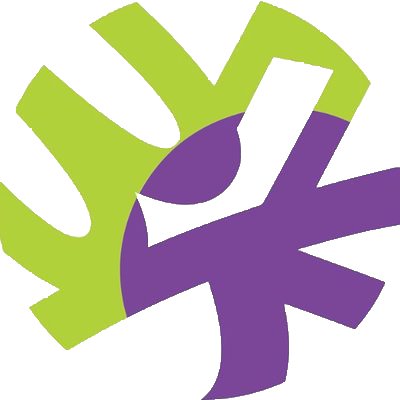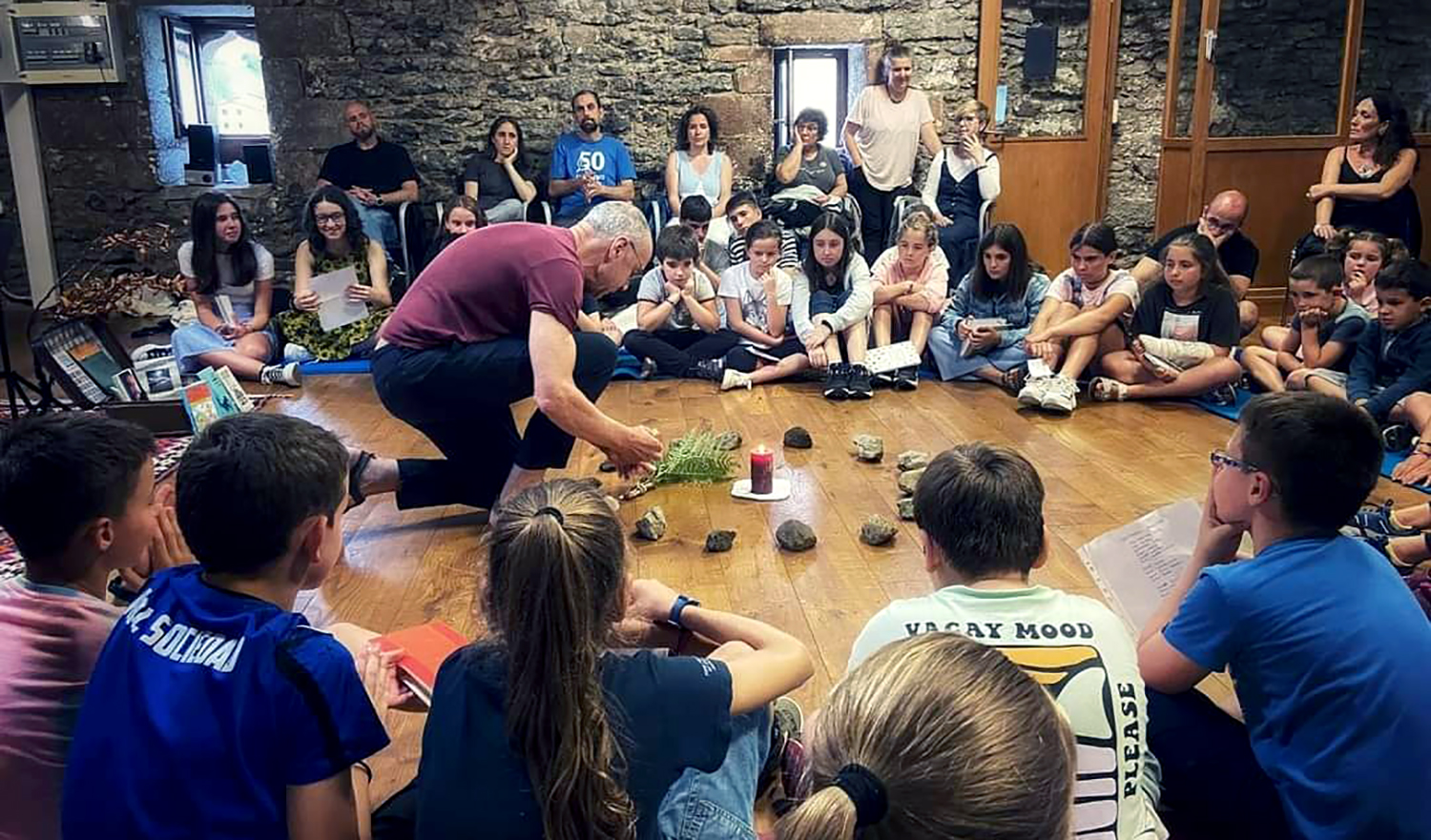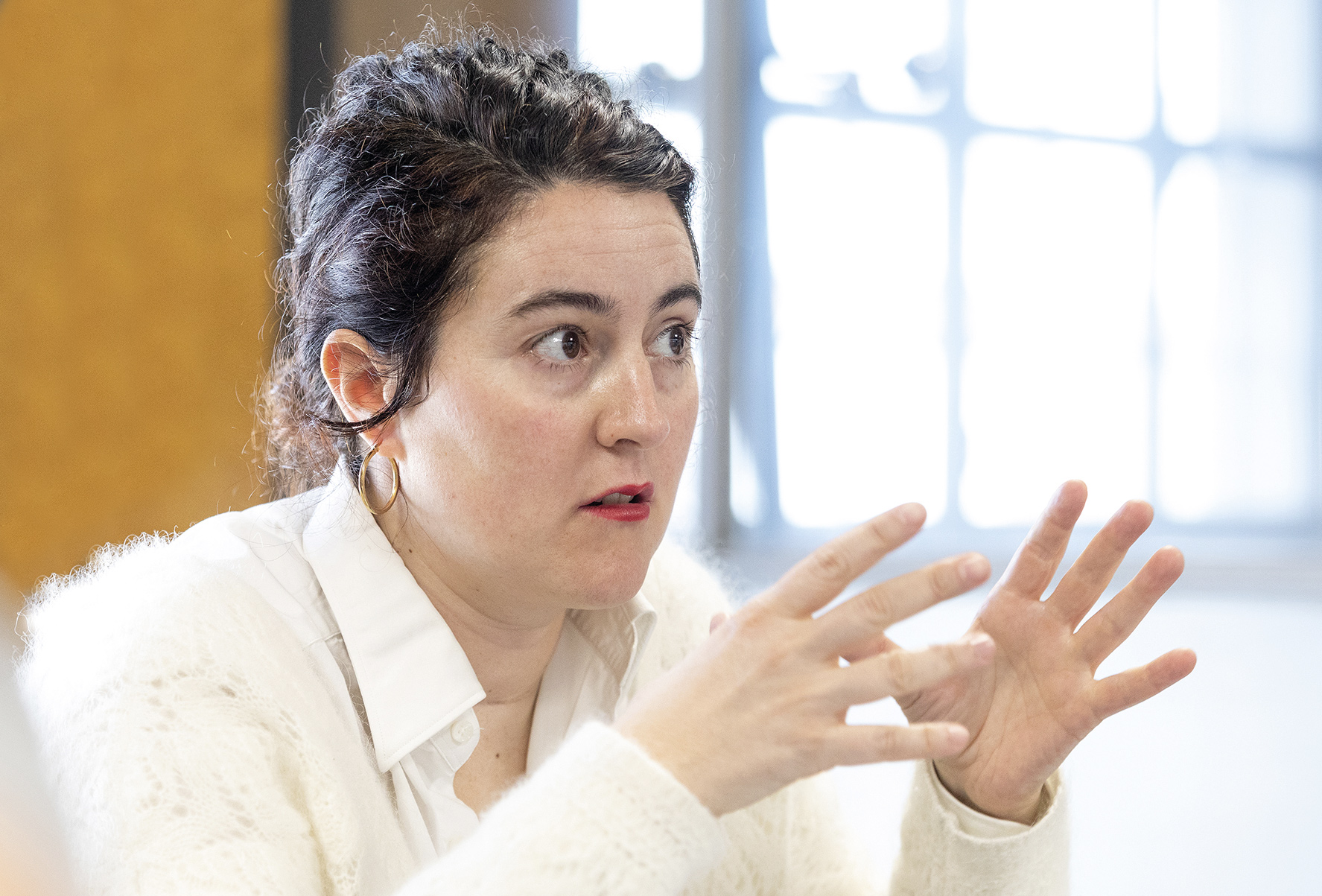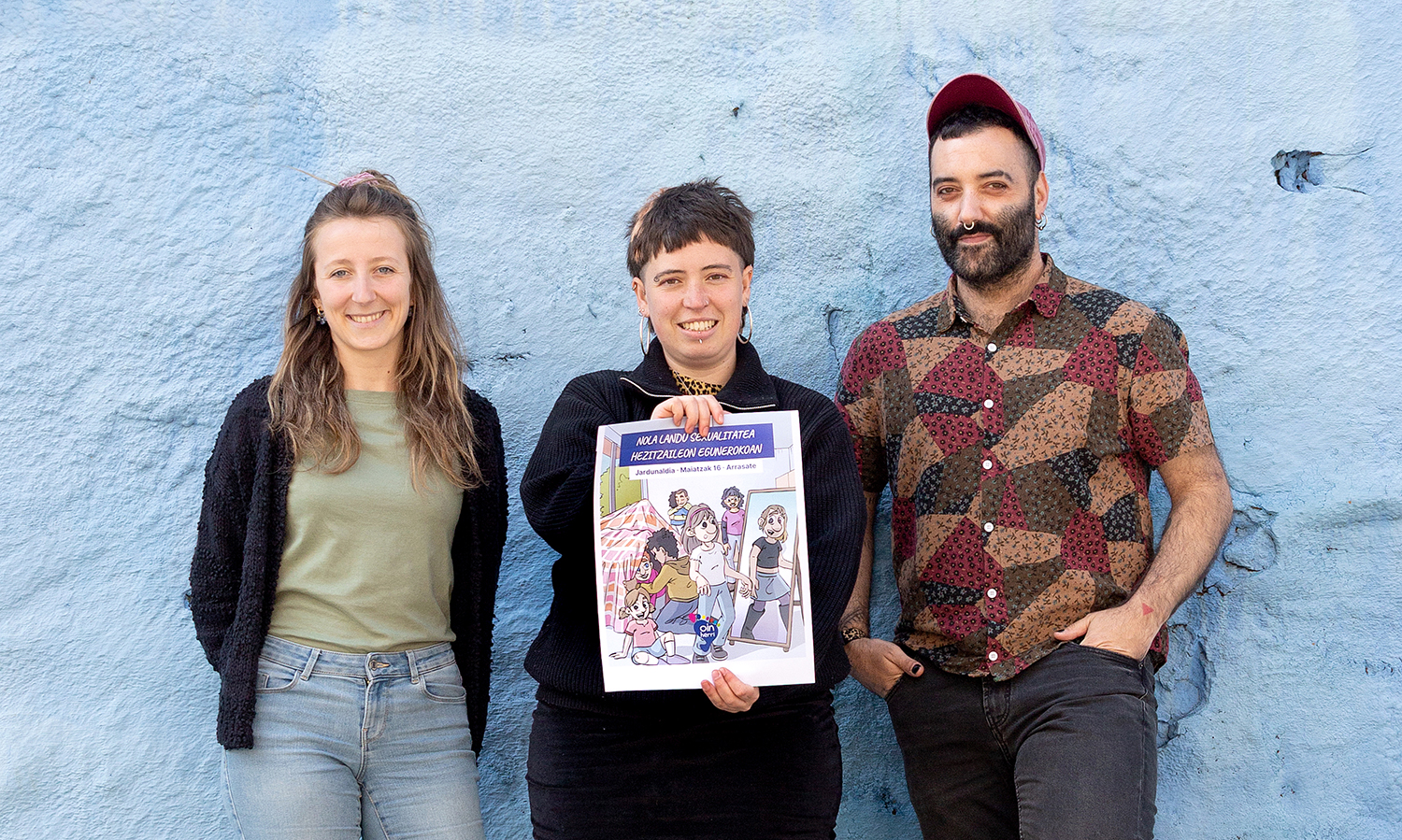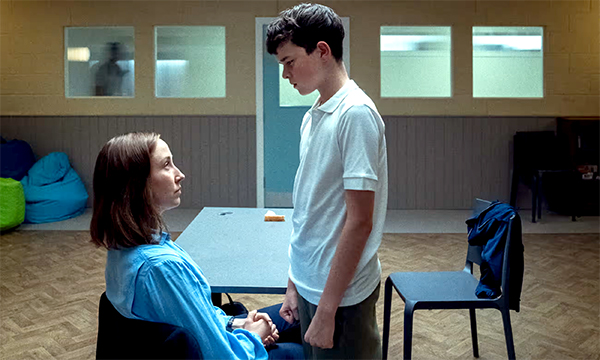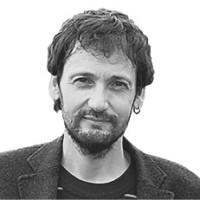The Vision of Being a Parent of a Child with a Disability
- The father of a disabled Persian boy has sent a letter to Maxixatzen regarding his experience at the Camirol Cross last Sunday. In her opinion piece, she explains the vision of being a parent of a child with a disability: "It is up to us to proclaim that our children, despite their special needs, are part of society and must be part of it, and, right or wrong, we are trying to do that."
The father of the disabled child sends the following letter to Maxixatzen:
Staying at home is the easiest for us too...
As every year, last Sunday was the children’s cross in Peralta, and our son Luke participated for the first time. As we were returning home satisfied with his medal and Coca-Cola, two grandmothers were walking on the slow pace, and as we were anticipating them, one said to the other:
- Over there! That's where he used to have his last shot...
- Ah... beittu, help them.
- Yes, autistie.
When I was going to turn around and say a couple of things to my grandmother (one to not hear that we were closer than she thought and the other that my son was not autistie, that my son is Luken and has autism), she said:
Before, I used to sneak them in, and now I see you walking around...
- Just like that.
I was speechless with the conclusion that this grandmother (who would be back in her eighties) had reached: she was right. Without saying anything, we turned around again and walked back to the house, thinking.
Today is the day I have to thank my grandmother, whose words inspired me to write this letter.
Yes, it was my son Luken who went out on Sunday with his assistant (thank you, Mikel) half running around in the inter-school cross, and yes, he has autism. We were among you as well as the public, but in a different way; we were in different places along the route just in case our son didn’t finish, just in case he needed help, just in case he got nervous... As always, just in case.
When he passed by us, those who knew him greatly encouraged our son (he is deeply grateful), while those who did not know him looked at him with astonishment and probably asked the one next to him: "Who is this child? ", "What's in it? ", "Whose is it? "… I'm sure that the grandmother I mentioned at the beginning also asked something like that, and I think it's normal. For us it was a very emotional moment: there he was, “against all odds”, our son, in front of everyone, running as he could, with the helper, with all his intention, the last... Later, the three of us in the house had to admit that we couldn’t resist crying with joy; yes, the three of us, because the sister was also at the finish line with her friends attentive to her brother.
The smile our son made when the medal was hung as soon as he passed the finish line and Coca-Cola was put in his hand was priceless. “Luken, world champion!” he said, laughing.

For us, as that grandmother commented, it would be much easier if we had been at home that Sunday morning, that is, if we did not take our son out of the house. The truth is that sometimes it is tempting, the easiest, and probably “obligatory” a few years ago.
Since those times of grandmother, fortunately, things have changed a lot and gradually opened doors that were closed for children with special needs (Education, Osakidetza, social supports...). It is surely thanks to the efforts of our predecessors to reintegrate their “special” children. Thank you very much.
Now it is up to us to proclaim that our children, despite their special needs, are part of society and must be part of it, and, well or badly, we are trying to do it: cross, swimming courses, July Playing, ludoteca, music school, Ikasplay, swimming school... Sometimes the doors have been opened to us, and sometimes we will gradually open them.
There is no doubt that this path alone will be much more difficult for us, so I would like to take this opportunity that Maxixatzen gives me to extend the invitation to parents of children with disabilities to walk this path together. Let’s meet, get to know each other, analyze the needs of our children and proclaim them in the right place (2% of children between 0-17 years old in Peralta have recognized disability).
To conclude, and not to prolong, I would like to thank Xabier Munibe Ikastola, highlighting the unique work he is doing with our son. With the extraordinary team we have lived the most “difficult” years of our child. Many thanks to the management team, Txaro, Eskarne, Nerea, Iñigo, Inma, Jaione, Maje, Itxaso, Karen, Ane, Alazne, Mikel, Marikarma... (I will surely forget someone).
Thank you also to the parents of the children in our child’s class. Loving and respecting your children as they love Luken is not only a school thing; it is also a reflection of the values displayed at home to a large extent.
And thank you from the heart, of course, to you, Josune: without you we would not have succeeded.
Luke's father.
This news has been published by Peralta Maxixatu and we have brought it to LUZ thanks to the CC-by-sa license.
Is it important to use a language correctly? To what extent is it so necessary to master grammar or to have a broad vocabulary? I’ve always heard the importance of language, but after thinking about it, I came to a conclusion. Thinking often involves this; reaching some... [+]
Haurtzaroaren amaiera eleberri distopikoa idatzi zuen Arthur Clarkek, 1953. urtean: jolasteari utzi dion gizarte baten deskribapena. Eta ez al da bereziki haurtzaroa jolasteko garaia? Jolasteko, harritzeko, ikusmiratzeko eta galdera biziak egiteko unea. Ulertzeko tartea zabalik... [+]



